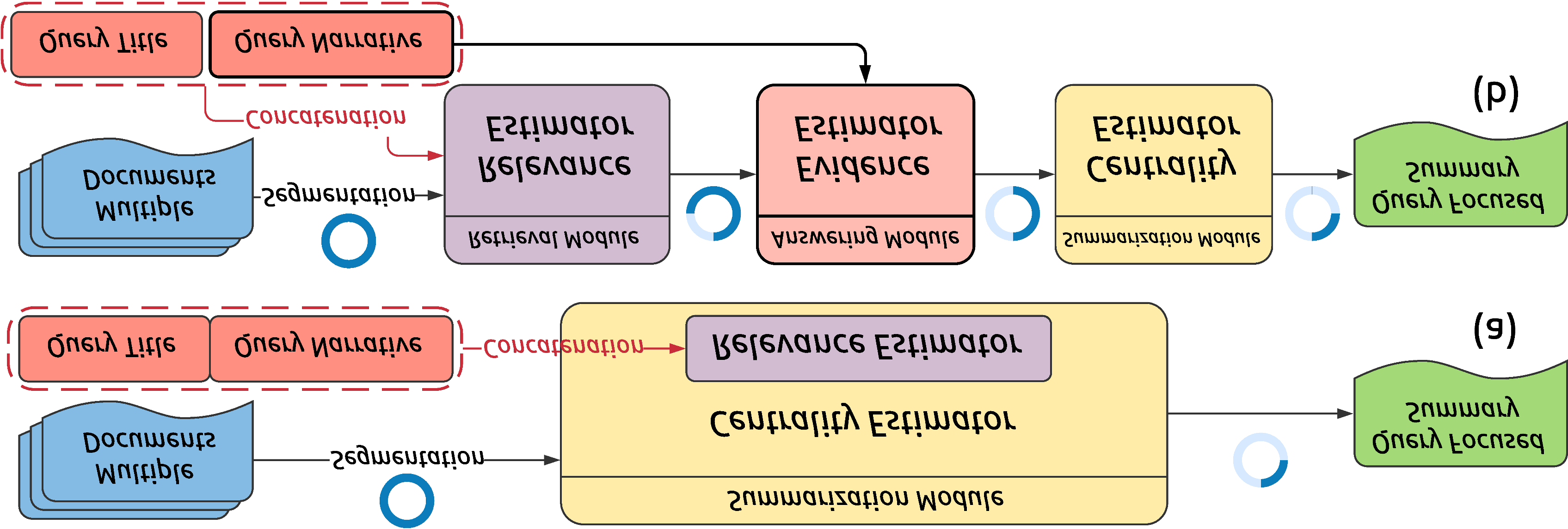Top-Rank-Focused Adaptive Vote Collection for the Evaluation of Domain-Specific Semantic Models
Pierangelo Lombardo, Alessio Boiardi, Luca Colombo, Angelo Schiavone, Nicolò Tamagnone
Interpretability and Analysis of Models for NLP Long Paper

You can open the pre-recorded video in a separate window.
Abstract:
The growth of domain-specific applications of semantic models, boosted by the recent achievements of unsupervised embedding learning algorithms, demands domain-specific evaluation datasets. In many cases, content-based recommenders being a prime example, these models are required to rank words or texts according to their semantic relatedness to a given concept, with particular focus on top ranks. In this work, we give a threefold contribution to address these requirements: (i) we define a protocol for the construction, based on adaptive pairwise comparisons, of a relatedness-based evaluation dataset tailored on the available resources and optimized to be particularly accurate in top-rank evaluation; (ii) we define appropriate metrics, extensions of well-known ranking correlation coefficients, to evaluate a semantic model via the aforementioned dataset by taking into account the greater significance of top ranks. Finally, (iii) we define a stochastic transitivity model to simulate semantic-driven pairwise comparisons, which confirms the effectiveness of the proposed dataset construction protocol.
NOTE: Video may display a random order of authors.
Correct author list is at the top of this page.
Connected Papers in EMNLP2020
Similar Papers
Interactive Text Ranking with Bayesian Optimisation: A Case Study on Community QA and Summarisation
Edwin Simpson, Yang Gao, Iryna Gurevych,

Adaptive Attentional Network for Few-Shot Knowledge Graph Completion
Jiawei Sheng, Shu Guo, Zhenyu Chen, Juwei Yue, Lihong Wang, Tingwen Liu, Hongbo Xu,

Beyond [CLS] through Ranking by Generation
Cicero Nogueira dos Santos, Xiaofei Ma, Ramesh Nallapati, Zhiheng Huang, Bing Xiang,

